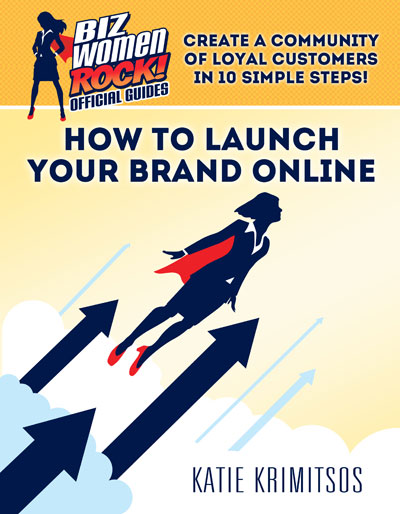***
The founder of Theranos has often turned to the classics for lifelong lessons.
Theranos founder and CEO Elizabeth Holmes was named No. 1 on Business Insider’sSilicon Valley 100 list this year due to her remarkable rise to success.
Since dropping out of Stanford at age 19 to found her health-technology company in 2003, Holmes has raised $400 million in venture capital and become a billionaire in the process.
Theranos is founded on the idea that a single drop of blood can provide enough information for a complete, inexpensive blood test. It already has a deal with Walgreens and in early July reached a major achievement when the FDA approved Theranos’ herpes test.
In an interview with the Academy of Achievement nonprofit last September, Holmes discussed several books that helped shape her worldview.
1. ‘The Iliad’ and ‘The Odyssey’ by Homer
Holmes says she was an introverted child and that books were her “good friends.” Two of the books she enmeshed herself in at a young age are Homer’s ancient Greek epic poems about the Trojan War and Odysseus’ journey home after it, “The Iliad” and “The Odyssey,” respectively.
“I’ve always been fascinated in the fact that so much changes in our society technologically, but as humans we don’t change a lot,” Holmes said.
Robert Fagles’ translation is especially accessible while remaining true to the source material.
2. ‘Moby-Dick’ by Herman Melville
The 1851 American classic is another book Holmes fell in love with as a girl.
While many of us are familiar with the general story of Captain Ahab and the white whale because of its place in pop culture, the story has many more layers than you may be aware of, and it is a rich allegory on what constitutes morality and how we create meaning in life.
To appreciate the many allusions Melville played with, check out the Norton Critical Edition.
3. ‘The Complete Story of Civilization’ by Will and Ariel Durant
From 1935 to 1975, author Will Durant wrote 11 volumes on Western history, finishing with the Napoleonic era only because he and his wife died weeks apart. His wife, Ariel, is a coauthor of several of the final volumes, and they both won the 1968 Pulitzer Prize for Nonfiction for the 10th in the series, “Rousseau and Revolution.”
“I’ve really been fascinated and inspired by reading books about history, because there’s so much wisdom in understanding how these great people and great leaders built great organizations, led groups of people, and effected change,” Holmes said.
She thinks there is “very powerful” insight contained within the Durants’ massive work. “It shapes your frame of thinking when you encounter people and situations,” she said.
Or, if you’d rather start with a series of essays by the Durants on overarching themes of their work, read “The Lessons of History.”
Get any of these books on audio for free!
Click HERE to find out how!





